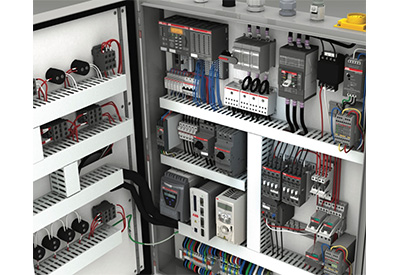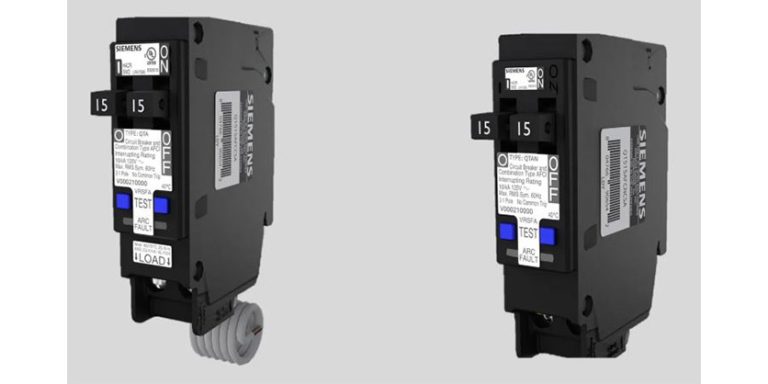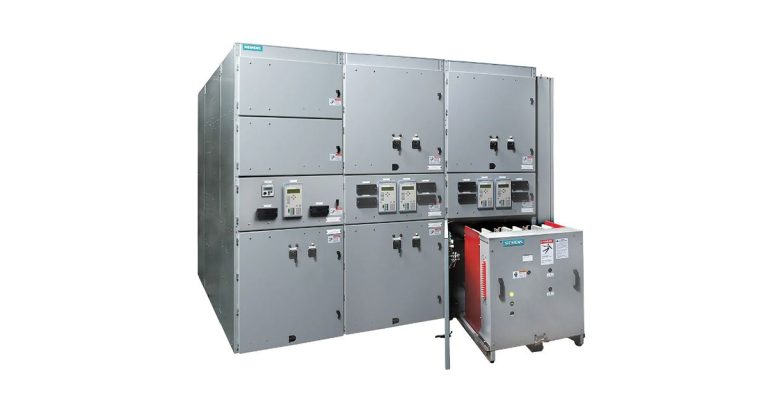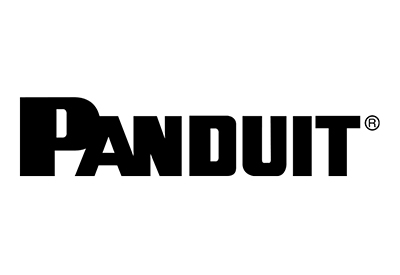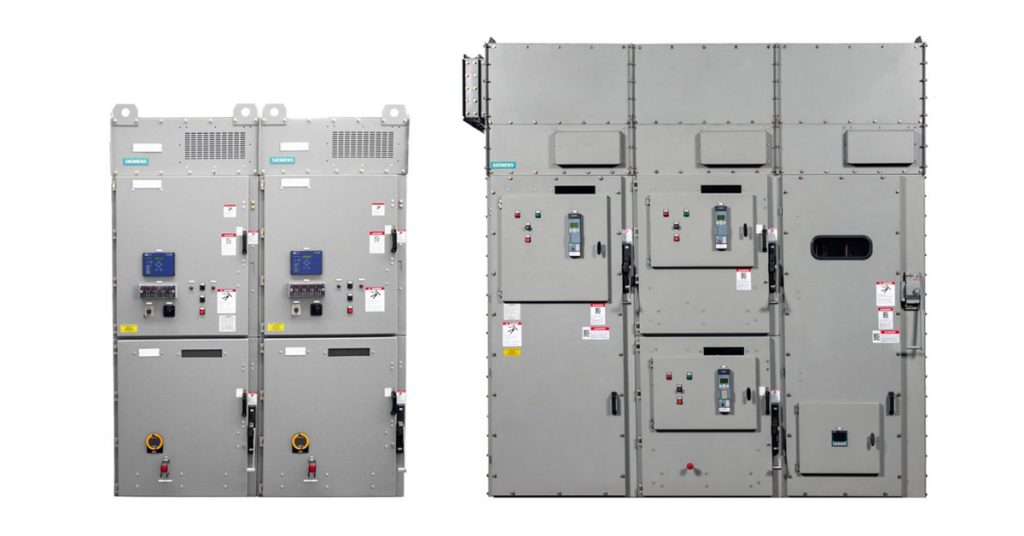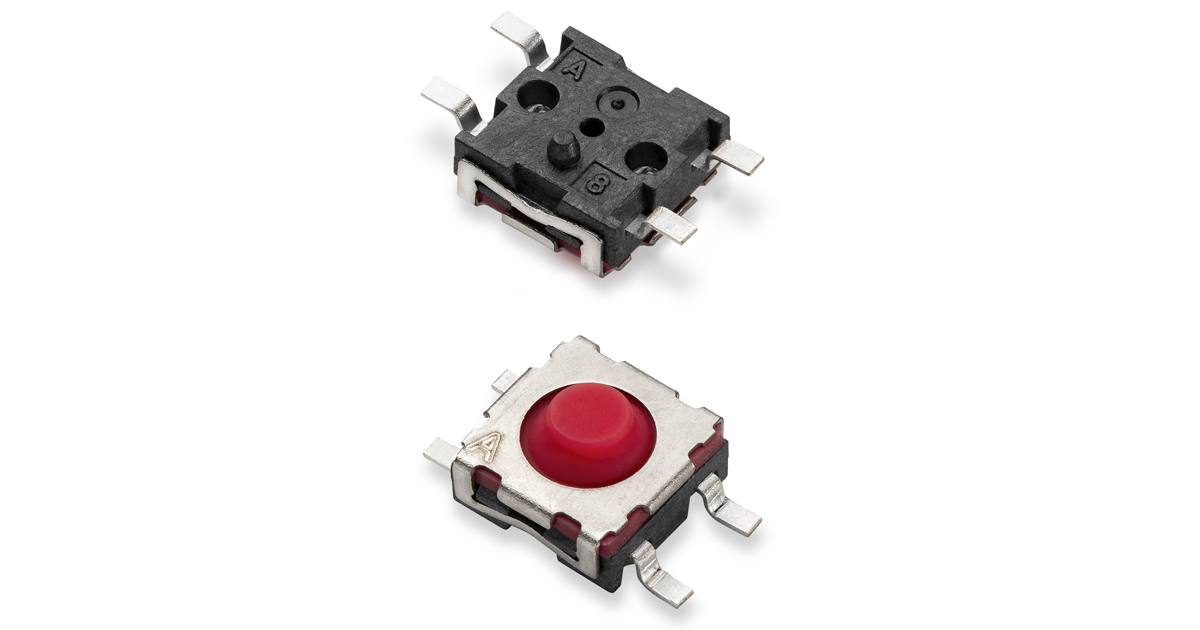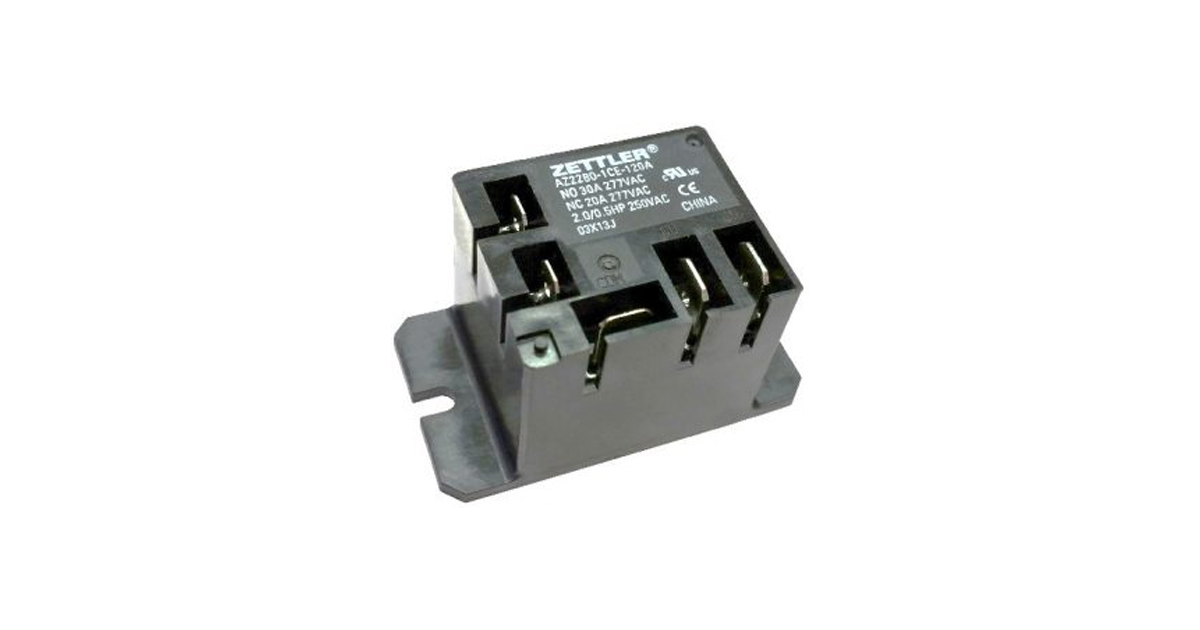Talking Integrated Control Panels with Mike Burke, Siemens Target Market Manager for Electrical Products
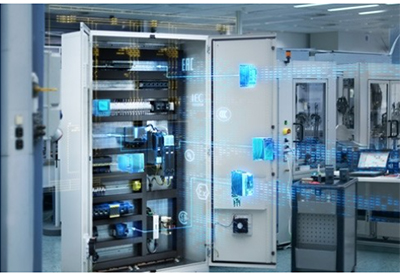
October 21, 2020
By Owen Hurst
As we inch closer to the upcoming Industrial Control Panel Symposium, an event that we are sure all panel builders are well aware of, Panel Builder US had the opportunity to chat with Mike Burke, Target Market Manager for Siemens Electrical Products, covering all electrical infrastructure products for Industrial Control Panels.
With the event series rapidly approaching, albeit like all events being delivered in a new digital format, we discussed with Mike the approach Siemens has taken to deliver support and opportunities to panel builders.
But before delving into that a little background on Mike and how he came to his current role. Mike has been with Siemens since 2015 and started with the company in their Engineering Leadership Development Program. The program provides a great resource for graduates to learn about Siemens products and get a taste for the markets they play in.
In those first few years Mike also worked in a few of the varying businesses within Siemens from R&D to product management and application engineering across various products types including electrical products, motor control centers (MCCs), process instrumentation, and variable frequency drives.
Mike has been in his current role now for 3 years, first as an Application Consultant and now as a Target Market Manager, with a focus on industrial control panels. And he stresses that a big part of that role is to support customers that design and build industrial control panels, provide tech support for design to standards and into implementing siemens products into those devices.
Moving on we discussed the directions and efforts being taken by Siemens to deliver value and support to panel builders. We asked Mike How did Siemens really decide to put such a devoted focus toward supporting panel builders?
He identified that It all started in the early 2000’s when Siemens began supporting customers by doing UL and IEC standards seminars across the country. The focus was to educate and refresh customers on the standards they need to meet when designing control panels.
But he discusses that one thing that came out when they were doing these seminars was a big focus on design and they heard again and again that customers were seeking support on ways to reduce costs. Margins can be low with panel building and machine building.
So, Siemens took the information provided from their customers and began considering how they could support customers and help them reduce their costs. To really understand the costs to customers in a real way they began directly talking with customers to really learn from their side where the bulk of their costs came from and if Siemens could provide support in this area.
It was through these discussions that Siemens narrowed in on providing support in design and engineering with a goal to help reduce customers time spent in these areas. The support came in the form of expert know-how with standards, engineering efficiency support with tools and data and finally delivering product solutions that aid in the final application.
I asked Mike about the term Integrated Control Panels, a term that really encompasses the direction being taken by Siemens.
Mike noted that the answer to that really is layered and that integrated control panel can mean a few things and needs to be considered from three perspectives. “From the Siemens perspective it is an integrated approach to supporting the customer. Not only do we sell the products that go into control panels, but we are focused on providing integrated support. It is not just about products but the varied integrated support elements. These include support during the design process to ensure that things such as relevant standards are being met whether they be NEC, UL, CSA, IEC….”
From an engineering perspective Siemens provides integrated support for their customers with efficiency in how they design industrial control panels.
And from a customer perspective “industrial control panel can also mean integrating the entire engineering of an industrial control panel from a standards perspective and engineering perspective. Linking together electrical engineering with automation and mechanical engineering to create a cohesive workflow when it comes to designing a piece of equipment that includes an industrial control panel. The goal is to ensure a seamless flow of data between the different engineering disciplines that helps customers design panels faster, more efficiently, reduce quality issues and ultimately save time and money.”
With a direct focus on providing this integrated support Panel Builder US asked about the best way for panel builders to reach out to Siemens.
Mike noted that “on the website there are a ton of resources focused on supporting for electrical engineers including whitepapers, technical guides, videos, webinars and in-person training. The website and accessing these resources are really the first step for a customer to unlocking the varied support options that Siemens has put in place.”
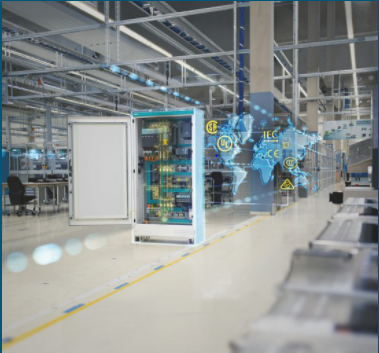
However, Mike went on to discuss how Siemens has a variety of direct outreach services that can offer additional support or guidance on optimization. This is often approached by contacting your local Siemens Account Manager or you can request direct support through the website as well.
This service allows customers and potential customers access to product specialists where customers can explain initial ideas or challenges. By way of example Mike identified that this outreach can include questions on how they can increase their short-circuit current rating or reduce their control panels footprint, reduce wiring and assembly time or really whatever challenge they may be facing. After listening to the challenges Siemens will work to put together a solution that delivers on the needs of engineers.
Next, we moved onto a topic that is not always the easiest to approach and can be discussed from a variety of angles. We asked Mike about issues regarding product specification and potential issues and concerns that can at times arise around this topic.
Mike recognized that specifications can certainly appear to be a concern initially. But noted that Siemens is well equipped to work with client and provides various spec sheets and templates to support end-users in their journey to developing new solutions that require industrial control panels.
He also provided a good example of how new products are a necessary consideration when upgrading. “In another situation a client can come with a legacy panel that has used other manufacturers’ products. In this instance Siemens has an internal resource that will review designs of legacy systems and design a solution utilizing Siemens components. However, when upgrading a legacy system just swapping an old for new component does not often provide the best upgrade to the system. And so, the team will also provide options to further enhance the panel, be It reducing the footprint or other components. And these services are offered to clients free of charge. “
Following a natural transition from product specification we discussed product standardization and really why this has become something of a buzz word in the industry.
And when discussing this Mike really identified the primary reason as to why this has become a hot topic. Mike says that the “greatest optimization potential for those building control panels truly comes from the engineering side and the assembling time of the panel. Typically, when designing a panel, the component costs that go into the panel (enclosure included), will be roughly 30-50%. The other roughly 50% of the cost comes from engineering time and assembly time. Really at a certain point you can only control component costs so far. Where you really have an opportunity to save costs as a panel builder is with the engineering and assembly time.”
Now this answer is really a lead into why standardization is such a focus and how it can be a huge factor in reducing engineering time.
However, Mike also notes that we need to be careful as standardization can mean a few things if we over generalize. It can be about standardizing specific product types and sizes, methods of affixing components or really provided a more standardized direction for specific application use. It is this last point that our discussion focused. This direct comes out in the form of standard design modules that allow for reduced engineering time for particular applications.
Mike notes that “a panel builder can make a module that they use for motor starting of all motors at a certain horsepower (HP) and voltage range. In that way when the engineer goes to design the panel they are not starting from scratch. They have modules in a standardized library and can use that module to complete the design for the existing project. Standardized modules that have been completed and stored often present a better starting point than pulling up an engineering design from a previous one-off project. In this instance if a mistake had been made in the original design that can get carried forward into new projects.”
Mike notes that Siemens has really focused in on this aspect as it provides substantial value to panel builders. Siemens has developed a standardized engineering modules library that customers can access. Currently the library houses modules available for motor starting, reverse motor starting, soft starting, Power supplies and a variety of other common control panel applications.
The modules themselves include bills of materials, schematic diagrams and explanation text and videos about how to use the modules Siemens has created. And these have been reviewed and approved for global initiatives.
In all our discussion largely came full circle through from a conversation that began with what is an integrated control panel? Through to the true offering and value Siemens is delivering to panel builders. Integration in this regard is not what one might think but is about providing an integrated approach to the development of an integrated panel that moves through Standards & Design to Engineering Data and Tools and finally the Control Panel Solution.
And I hope that with a better understanding of the drive and focus of Siemens to serve your panel building needs you will attend the upcoming Industrial Control Panel Online Symposium on December 9, 2020. The event is in its second year and has quickly become an annual staple for panel builders seeking to expand their knowledge and learn about the support provided to them by Siemens and its partners.
As always, Siemens is focused on ensuring you receive the best panel building information and have partnered with UL, TÜV, EPLAN, Rittal, and WSCAD to be sure that is exactly what you gain by attending. The event will include 13 knowledge building seminars as well as provide live interaction with their partners through virtual trade booths where you can gain valuable product and solution offerings and speak directly with product experts.
![]()
Register HERE.
Learn more about Siemens Integrated Control Panel Design & Engineering HERE.


